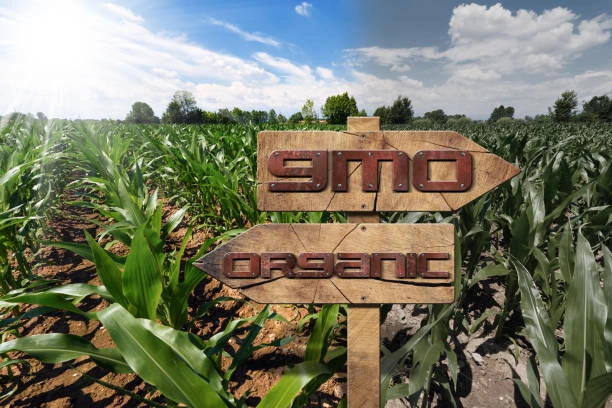Course Overview
This 5-module course on Regulatory Frameworks for GMOs in Agriculture is tailored for policymakers, regulators, and stakeholders responsible for overseeing genetically modified organisms (GMOs) in agricultural systems. With a growing reliance on biotechnology to meet food security and sustainability goals, clear and functional regulatory systems are essential. This training equips participants with practical knowledge on international standards, risk assessment, national policy development, and stakeholder engagement.
DURATION
5 Days
Target Audience
-
Government Regulators and Biosafety Officers
-
Agricultural Policy Makers
-
Legal Advisors in Agri-Biotech
-
Environmental and Food Safety Inspectors
-
Researchers and NGO Professionals
Course Level: Intermediate to Advanced
Learning Objectives
By the end of this course, participants will:
-
Understand global and regional regulatory instruments governing GMOs
-
Develop or strengthen national regulatory frameworks for biosafety
-
Apply structured risk assessment and management procedures
-
Navigate legal, ethical, and public engagement dimensions of GMO governance
-
Enhance institutional capacity for decision-making and monitoring
COURSE OUTLINE
Module 1: Global and Regional Regulatory Instruments
-
Overview of the Cartagena Protocol on Biosafety
-
Codex Alimentarius and WTO SPS Agreement
-
African Union Model Law on Biosafety and regional case studies
-
Discussion: Comparing international frameworks and their implications
Module 2: National Biosafety Frameworks and Legislation
-
Components of an effective national biosafety system
-
GMO regulatory approval processes and responsible institutions
-
Legal drafting and policy harmonization
-
Activity: Drafting a national GMO regulatory outline
Module 3: Risk Assessment and Management of GMOs
-
Scientific principles of GMO risk assessment
-
Environmental, health, and socio-economic impact analysis
-
Risk communication strategies and public transparency
-
Case Study: Conducting a real-life biosafety assessment
Module 4: Public Engagement, Ethics, and Transparency
-
Addressing public concerns and values
-
Ethics in GMO research and deployment
-
Stakeholder dialogue and participatory policy development
-
Role Play: Simulating a public consultation on GMO regulation
Module 5: Monitoring, Enforcement, and Institutional Capacity Building
-
Post-approval monitoring and compliance systems
-
Cross-border GMO movement and emergency response
-
Institutional roles, training, and resource needs
-
Final Project: Designing a regulatory roadmap for national implementation
Customized Training
This training can be tailored to your institution needs and delivered at a location of your choice upon request.
Requirements
Participants need to be proficient in English.
Training Fee
The fee covers tuition, training materials, refreshments, lunch, and study visits. Participants are responsible for their own travel, visa, insurance, and personal expenses.
Certification
A certificate from Ideal Workplace Solutions is awarded upon successful completion.
Accommodation
Accommodation can be arranged upon request. Contact via email for reservations.
Payment
Payment should be made before the training starts, with proof of payment sent to outreach@idealworkplacesolutions.org.
For further inquiries, please contact us on details below:






